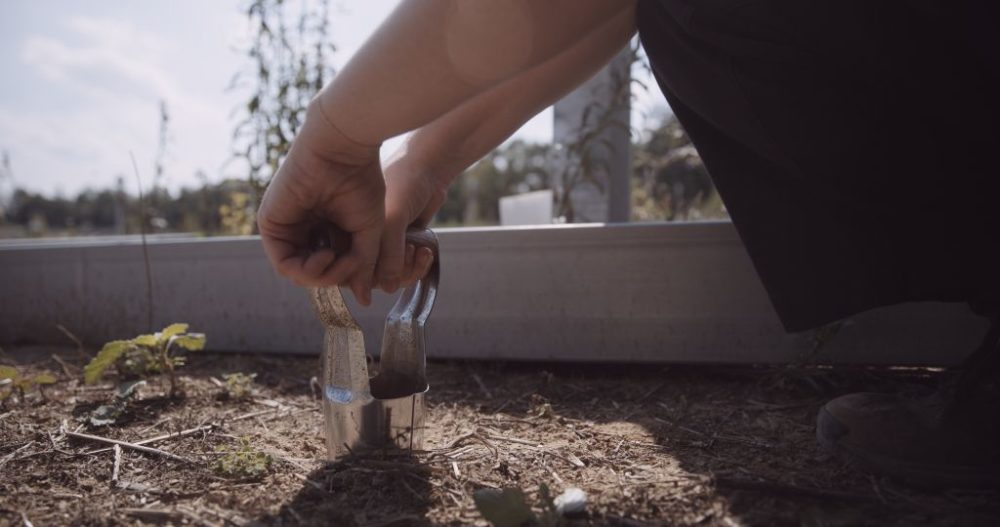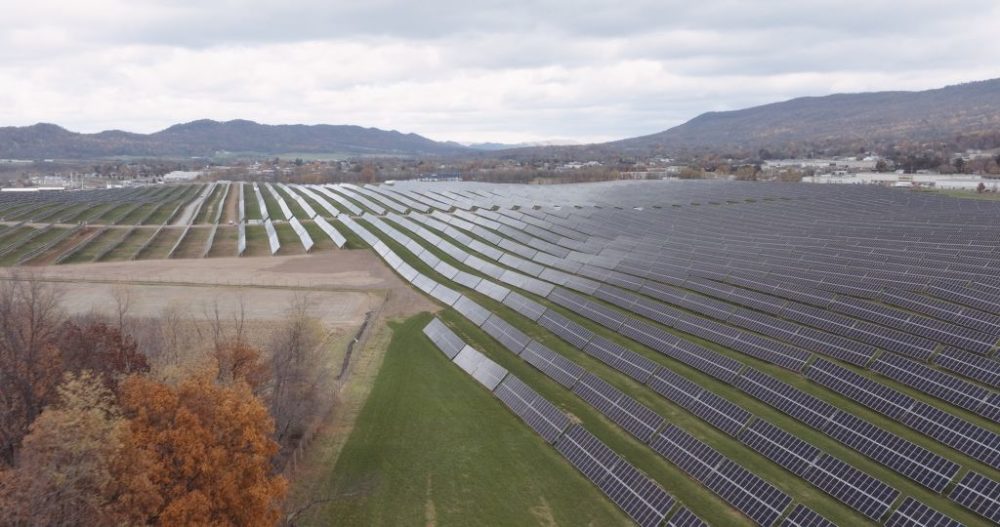2024 Award Winner: University of Pennsylvania
A Solar-Powered University
Universities have a critical role to play as leaders in sustainability, but they can’t do it alone. With a recent Power Purchase Agreement (PPA), the University of Pennsylvania (Penn) contracted with AES Corporation to build two solar farms which will meet the equivalent of approximately 70% of the electrical demand of both Penn and the University of Pennsylvania Health System in the greater Philadelphia area, reducing Penn’s carbon footprint by 26%.

Penn committed to carbon neutrality by 2042 by signing the President’s Climate Commitment in 2009; the PPA thus marks a major milestone toward this neutrality goal, as laid out in the University’s Climate & Sustainability Action Plan 4.0.

Penn’s PPA is innovative in a number of ways, starting with the size: the PPA initiated the largest solar project in the state of Pennsylvania. The project consists of two solar arrays that sit on 1,600 acres in two counties in central Pennsylvania, including more than 485,000 panels with a capacity of 220 megawatts.
As part of the agreement, AES is funding renewable energy research by Penn students and faculty with $50,000 for each of the first five years of the solar arrays’ operation. This research support has so far funded projects that include assessing carbon sequestration in solar farms, studying climate resilience and ecosystem restoration at a demonstration farm, and developing a global climate justice project-based learning hub. Additional funded projects are just getting off the ground that will propel a study of stormwater management on the solar fields and a survey of community acceptance of large-scale solar projects.

The work provides experiential learning opportunities for students, research support for faculty, and offers AES and landowners an opportunity to learn more about best practices for running a large-scale solar facility. With more interest in turning to renewable energy sources to transition away from fossil fuels, such research will inform a holistic understanding of impacts on ecosystems, charting a path forward to accelerate clean energy projects.
Learn more: Penn’s Power Purchase Agreement